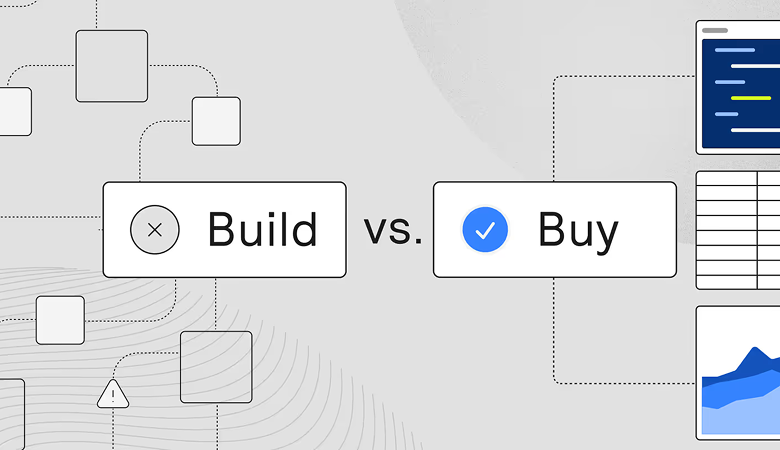In this episode of Tractable Podcast, Kshitij Grover interviews Neil Jagdish Patel, the Co-founder and CEO of Axiom, a serverless logging tool used by top companies. Neil talks about Axiom's flexibility and trade-offs, focusing on its efficiency in data ingest, storage, and query execution, also Axiom's potential to become a central tool for events within organizations, its commitment to accessibility, and upcoming product launches. Neil also shares insights on Axiom's approach to optimizing interconnects, query planning, and execution, as well as its storage architecture utilizing AWS S3; Axiom's product philosophy, support for various data ingest methods, and its emphasis on customer experience.
Kshitij Grover [00:00:04]:
Hey, everyone,I'm Kshitij, welcome to another episode of Tractable. I'm the cofounder and CTO and Orb. And today, I have Neil Patel joining me, who's the cofounder and CEO of Axiom. Axiom is a new type of logging tool built with modern cloud primitives, meaning it's serverless and works really well even at massive scale. Axiom is used by a ton of great companies like Prisma, M1 Finance, and Cal.com. I'm super into the logging space, and I think there's gonna be a bunch of technical stuff to talk about.
Kshitij Grover [00:00:32]:
So we're really excited to have you here, Neil.
Neil Jagdish Patel [00:00:34]:
Hey, great to be on. Thanks for having me.
Kshitij Grover [00:00:37]:
Of course. Let's get into it. I want to give you a chance to talk a little bit about the general product shape of Axiom. So why don't you give us and the audience, kind of an explanation of what Axiom is and what the kind of use cases it serves?
Neil Jagdish Patel [00:00:53]:
Axiom is essentially a store for 100% of your event data across many different needs. So I think you head on logging, observability as well, we are known for more and more security, product analytics, and other insights which you'd like to gain across these kinds of data is where we find a home. The reason for that is is we've basically built a data store from scratch which is as you mentioned, using kind of cloud native technologies like serverless, object storage, etcetera. But really, it's tuned specifically for events. And so that means any kind of key value pairing, which one of them has time. Instead of worrying about, for instance, data that would be correct for, let's say, Snowflake or Postgres or anything like that, this is hyper specialized for events, and therefore, we can do some really neat stuff and allow some core use cases on top.
Neil Jagdish Patel [00:01:47]:
One of them is being able to do things that you would generally do in a logging tool or event management tool in terms of querying, being able to manipulate those during queries. So schema on read, those kinds of things, dashboarding, monitoring, etca. And then also with that, we also have the ability to do the pipelining side. So actually processing of events and having them output somewhere else. And so it's mixing those two things together in one place.
Full transcript available here.



